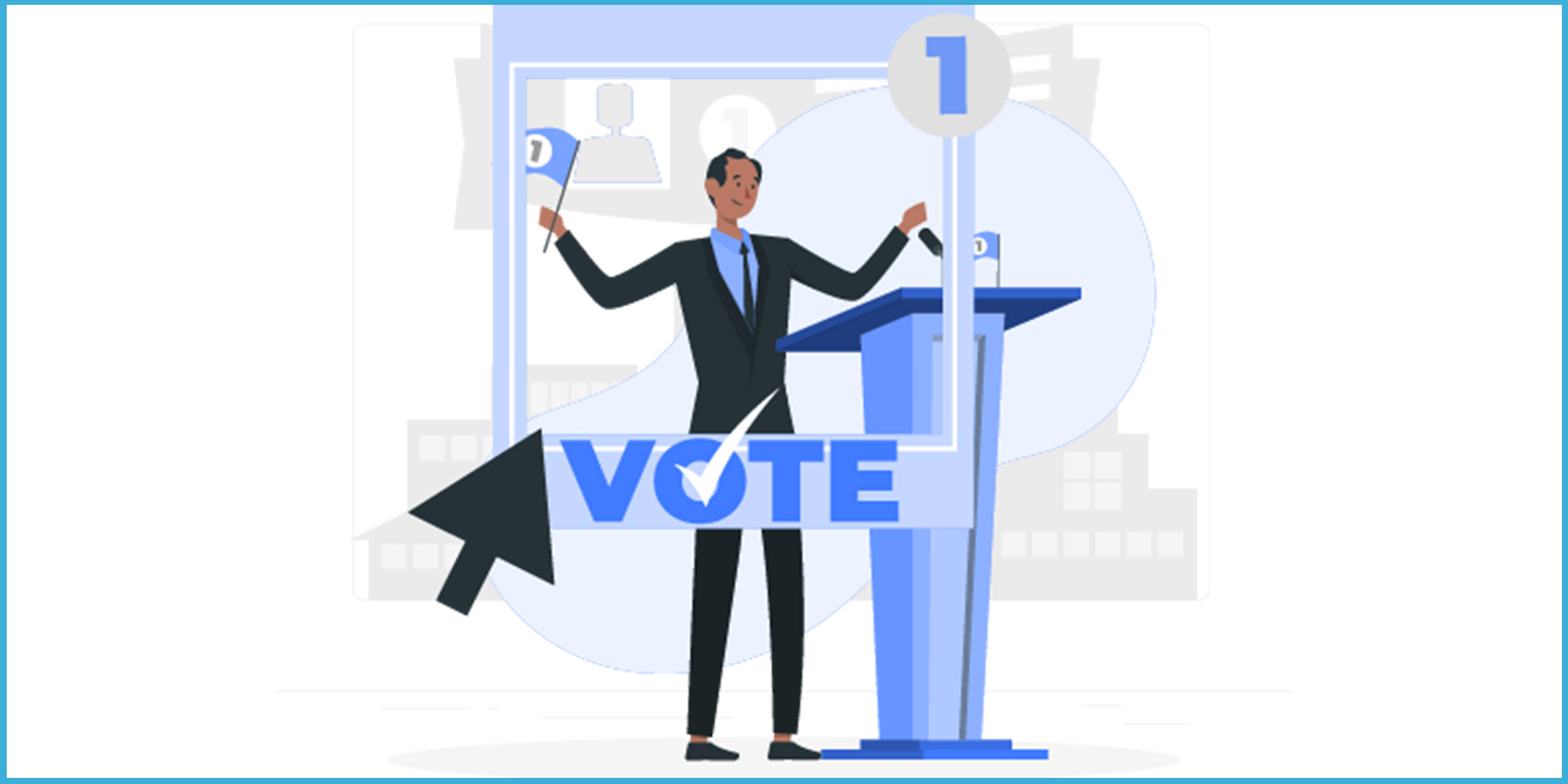Understanding the concept of a HOA
Published on 25 Sep 2023 | Last Updated on 11 Feb 2026 |

Living in a homeowners association (HOA) community comes with a unique set of responsibilities and advantages. Its purpose is to maintain and enhance the quality of life for all residents by enforcing rules and regulations, managing common areas, and promoting a sense of community.
Homeowner Associations
The formation of governing documents, such as Covenants, Conditions, and Restrictions, bylaws, and rules, is essential for defining the HOAs authority and providing guidelines for homeowners.
The board of directors, elected by homeowners, plays a crucial role in the governance of an HOA. Their responsibilities include enforcing CC&Rs and other governing documents, making strategic decisions for the community, and overseeing day-to-day operations. Decisions within the board are typically made through voting processes, ensuring fair representation of homeowners interests.
HOAs must comply with state laws and regulations that govern their operations. This includes understanding legal responsibilities and limitations to ensure fair treatment of homeowners and adherence to applicable rules. Additionally, HOAs are required to file taxes and provide accurate financial reporting, maintaining transparency and accountability.
Responsibilities of Homeowner Associations
- HOAs: shoulder the responsibility of maintaining a specific level of decorum and presentability in the community, leading to well-kept and attractive neighborhoods that positively impact the entire community.
- Maintenance and Property Management: One of the primary responsibilities of an HOA is the maintenance and management of common areas and amenities. Regular maintenance and repairs of facilities like parks, playgrounds, and community centers are essential to providing a pleasant living environment for residents.
- Responsible for general upkeep: This includes tasks such as landscaping, ensuring proper upkeep, and enhancing the overall appearance of shared spaces.
- Budget creation and allocation of funds: Proper financial management is crucial for the effective operation of an HOA. The board of directors must create an annual budget that outlines expected expenses and allocate funds accordingly.
- Long-term planning: Long-term planning and proactive financial strategies enable HOAs to ensure the stability and functionality of the community, preventing any sudden financial burdens for homeowners.
- Community rules: HOAs are responsible for creating and implementing rules that govern the community. These rules may cover various aspects such as noise levels, pet restrictions, parking regulations, and architectural guidelines. The HOA is also responsible for addressing any violations and ensuring adherence to the established regulations.
- Addressing homeowner concerns and disputes: Disputes and concerns may arise within an HOA community. These can include disagreements between homeowners or conflicts with the board of directors. HOAs act as mediators to address these issues and implement conflict resolution processes.
- Obtaining appropriate insurance coverage: Proper insurance coverage is essential to protecting an HOA and its homeowners from potential risks and liability issues. Types of insurance policies commonly held by HOAs include general liability insurance, directors and officers (D&O) insurance, and property insurance.
Property Values and Marketability
Impact of an HOA on property values: An HOA plays a vital role in maintaining property values within a community. This, in turn, can have a positive impact on property values and marketability, creating a sense of pride and desirability for prospective buyers.
Creating a positive neighborhood reputation: By fostering community pride and creating an attractive living environment, HOAs help build a strong sense of belonging among residents. This positive reputation can be significant when attracting prospective buyers who are considering purchasing a property within the community.
HOAs have a wide range of responsibilities and functions aimed at promoting community harmony, maintaining property values, and providing an enjoyable living experience for homeowners. From governance and legal compliance to financial management, maintenance, and communication, HOAs play a crucial role in ensuring the overall well-being and satisfaction of residents. Recognizing this essential role is vital for homeowners and the effective operation of an HOA community.
To learn more about it, take a look at our other blog or our HybridHOA management service or Contact us to Schedule a Demo.
Search
Subscribe
Recent News
-
 Maintenance Request and ARC in HybridHOA
Maintenance Request and ARC in HybridHOA
-
 Documents in HybridHOA
Documents in HybridHOA
-
 Online Voting (Coming Soon) on HybridHOA
Online Voting (Coming Soon) on HybridHOA
-
 Send Physical Mail in HybridHOA
Send Physical Mail in HybridHOA
-
 Communication and Collaboration Tools in HybridHOA
Communication and Collaboration Tools in HybridHOA
-
 Finance & Management in HybridHOA
Finance & Management in HybridHOA
-
 Empowering Your Community Through Self Management
Empowering Your Community Through Self Management
-
 HOA Software for Gated Communities
HOA Software for Gated Communities

